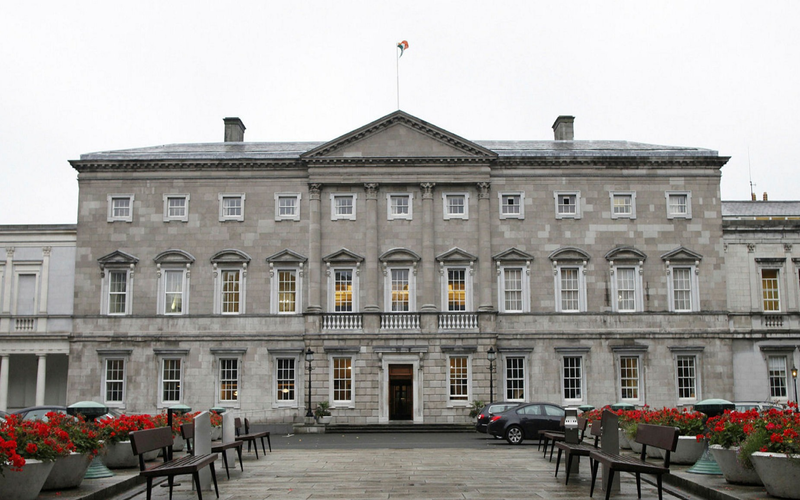Reading on the Terrorist Mind’s Qualification
The researcher of the Jihadi groups’ adopted principles and books is always faced with the fact that these principles have been originated by people enjoying no relation to the scholarly Islamic education. None of the jihadi books has been produced by a prominent Islamic scholar, recognized for his knowledge and capability of issuing fatwas (Jurist judgment). Most of the jihadi groups’ leaders, if not all, have neither been sophisticatedly educated, nor gone across the grades of obtaining Islamic sciences and acquire the tools of Ijtihad to claim the right of defending Islam, and setting juristic judgements. Their Fatwas, accordingly, have ... Read More






